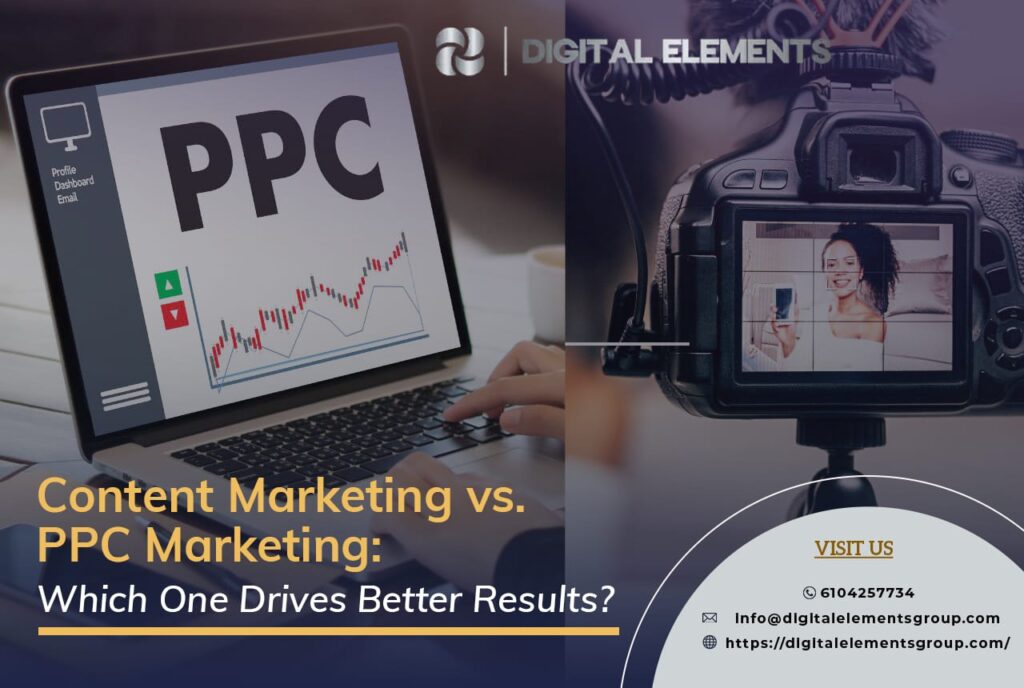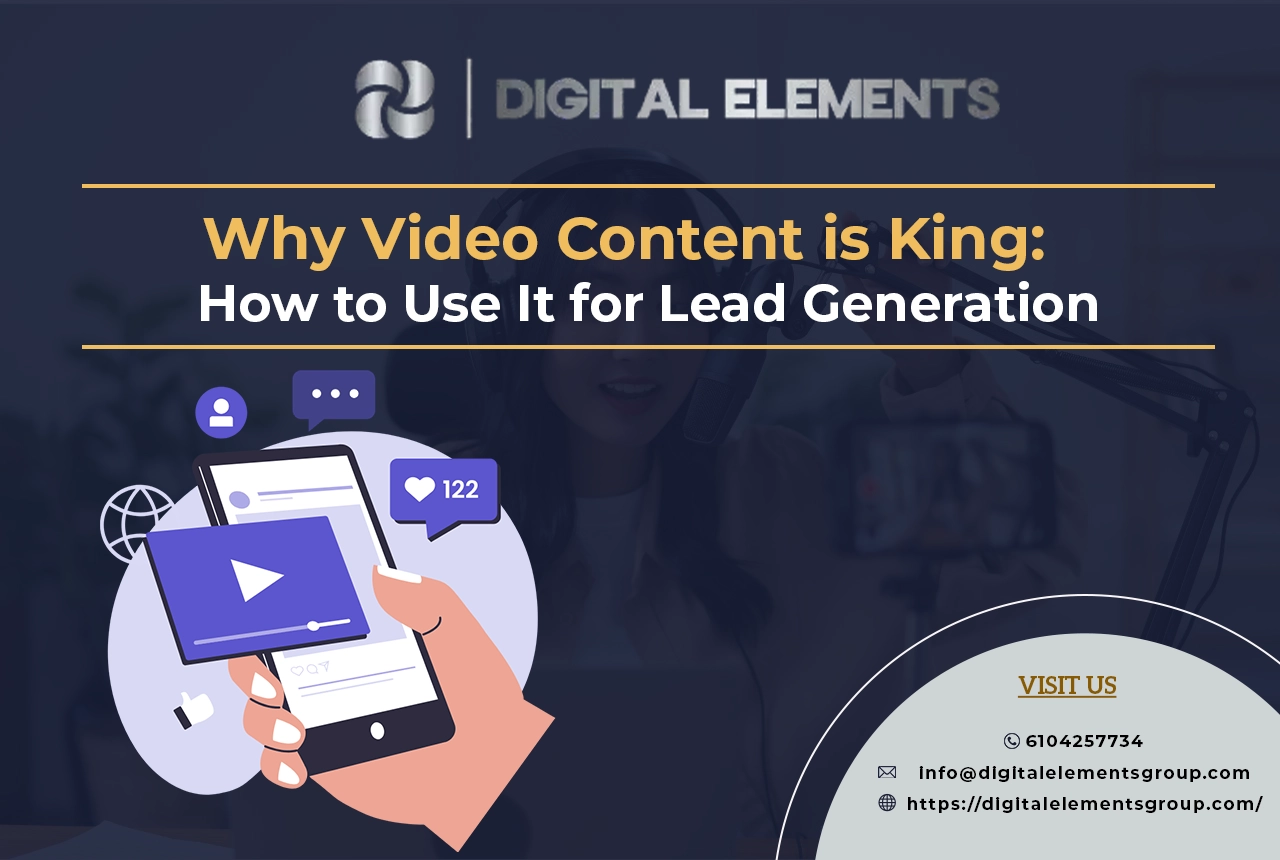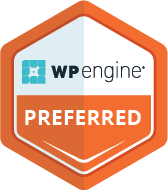Introduction
Marketing strategies evolve as businesses strive to attract and retain customers. Among the most debated approaches are content marketing and PPC (pay-per-click) marketing. While both methods aim to drive traffic and generate leads, they differ in execution, cost, and long-term benefits. Understanding the strengths and weaknesses of each strategy helps in choosing the right one based on business objectives.

What is Content Marketing?
Content marketing focuses on creating and distributing valuable, relevant, and consistent content to attract a defined audience. This strategy builds trust and authority over time through blog posts, videos, infographics, and social media content. Businesses invest in content marketing for organic reach and long-term growth.
Benefits of Content Marketing
- Long-Term Value – Well-written content continues to attract traffic even after its initial publication.
- Brand Authority – Establishes credibility and expertise in an industry.
- Higher Engagement – Encourages interaction through comments, shares, and discussions.
- SEO Benefits – Helps improve search engine rankings, leading to increased visibility.
- Cost-Effective – Though time-intensive, the return on investment is high in the long run.
Challenges of Content Marketing
- Time-Consuming – Creating high-quality content requires effort and patience.
- Results Take Time – Unlike paid ads, content marketing does not deliver instant traffic.
- Consistent Effort Needed – Regular updates are necessary to stay relevant and competitive.
What is PPC Marketing?
PPC marketing involves paying for ads that appear on search engines, social media platforms, and websites. Advertisers bid on keywords, and their ads are displayed when users search for related terms. This method delivers immediate results and is ideal for short-term campaigns.
Benefits of PPC Marketing
- Instant Traffic – Ads start driving visitors as soon as they go live.
- Highly Targeted – Allows precise targeting based on demographics, location, and interests.
- Measurable ROI – Provides clear analytics on clicks, conversions, and spending.
- Scalability – Budget can be adjusted based on performance.
- Boosts Brand Awareness – Even if users don’t click, they see the brand name in search results.
Challenges of PPC Marketing
- Ongoing Cost – Once the budget runs out, traffic stops.
- Competition and Costs – Popular keywords can be expensive, reducing profit margins.
- Ad Fatigue – Users may ignore or become desensitized to ads over time.
- Complex Management – Requires expertise in bidding, targeting, and optimization.
Content Marketing vs. PPC Marketing: Key Differences
| Aspect | Content Marketing | PPC Marketing |
|---|---|---|
| Cost | Lower long-term cost | High cost per click |
| Speed of Results | Slow, builds over time | Immediate |
| Sustainability | Evergreen content lasts | Stops when budget ends |
| Engagement | Encourages organic interactions | Limited to ad engagement |
| SEO Impact | Boosts search rankings | No long-term SEO benefit |
| Trust & Credibility | Builds authority and trust | More transactional |
Which One is Right for Your Business?
Choosing between content marketing and PPC marketing depends on business goals, budget, and timeline.
- For long-term brand building: Content marketing is ideal, as it generates organic traffic and establishes credibility.
- For immediate sales and leads: PPC marketing is the better option for quick results.
- For a balanced strategy: Combining both methods can maximize reach, engagement, and conversions.
Both content marketing and PPC marketing offer distinct advantages. While content marketing is a long-term investment in brand authority, PPC marketing delivers quick, measurable results. A strategic combination of both methods ensures sustainable growth and a competitive edge in the digital landscape.





